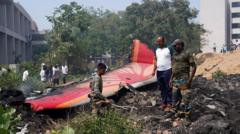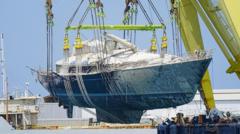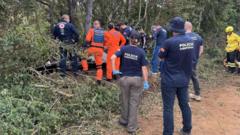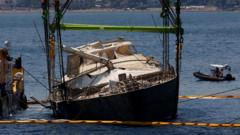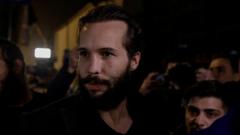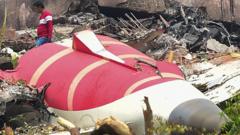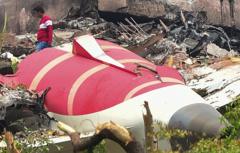An inquiry into alleged political obstruction of apartheid-era prosecutions is set to be launched in South Africa, gaining momentum from lawsuits filed by relatives of victims.
South Africa Launches Inquiry into Apartheid Prosecutions
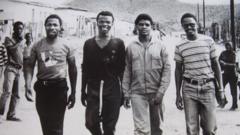
South Africa Launches Inquiry into Apartheid Prosecutions
Judicial investigation comes after lawsuits from victims' families seeking justice
South African President Cyril Ramaphosa has initiated a judicial inquiry concerning claims of political interference that have hindered the prosecution of crimes committed during the apartheid regime. This significant announcement arrives thirty years after the abolishment of white-minority rule and follows legal action taken by a group of survivors and victims' families against Ramaphosa's administration. These plaintiffs are seeking $9 million in damages, arguing that the crimes from that dark era have never been thoroughly investigated by subsequent governments.
The inquiry stems from settlement talks linked to a high court case, where plaintiffs highlighted the long-standing lack of accountability for apartheid-era atrocities such as murder and torture—many of which were documented by the Truth and Reconciliation Commission (TRC) established in 1996. Despite various findings, prosecutions have been exceedingly rare, leaving many families without justice and closure.
In a statement, the presidency expressed Ramaphosa's commitment to unearth the truths surrounding these allegations, emphasizing the need for a conclusive resolution. The inquiry will be led by a yet-to-be-named officer and is aimed at addressing concerns of improper influence in the protraction of investigations tied to apartheid crimes. For decades, critics have accused the African National Congress (ANC) of having an unspoken agreement with the former leadership of the apartheid government to avert prosecutions, a claim the ANC has consistently refuted.
Among the plaintiffs is the son of Fort Calata, an anti-apartheid activist who was one of the Cradock Four, a group murdered by the security forces in 1985. Following the murders, six former police officers confessed their involvement to the TRC but faced no actual legal proceedings, as they were denied amnesty and have since passed away.
This inquiry is seen as a crucial step toward addressing the historical injustices faced by victims of apartheid, with a clear acknowledgment that allegations of improper influence into the investigations have spanned across different administrations. The specific details regarding the inquiry's leadership and timeline will be disclosed soon, as South Africa continues its quest for justice and reconciliation.

